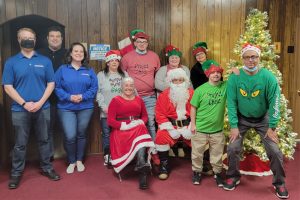Famous auto insurance giants are being sued by policyholders for providing insufficient financial relief to motorists during the pandemic. Among those accused include: Allstate, Geico, Progressive, Erie Insurance, American Family Insurance, and The Travelers Company. These well-known insurers are currently facing major allegations by Illinois residents for their inappropriate rebates to financially unstable clients.
During the height of the pandemic, companies issued policies for their employees to work remotely from home. As stated in the lawsuits, miles driven by motorists dropped by almost two-thirds during the spring. In addition, the U.S. Bureau of Labor Statistics confirms that the rate of unemployment rose to 14.7% in April 2020. Previously, the rate was 10.3%, which they claim is the highest rate increase in the history of their data records. At this time, the statistics from the United States Department of Labor show that the number of people who were unemployed increased from 15.9 million to 23.1 million. Also, the governor of Illinois, J. B. Pritzker, announced that residents should stay at home to reduce exposure to COVID-19. As a result, people did not have to use their vehicles as often as they previously did.
However, insurance companies did not reduce premiums or rates during the pandemic. Now, multiple lawsuits are emerging against the insurers. In an Illinois Cook County Circuit Court, people protested that high rates have greatly affected their financial status. Although some of the alleged insurers offered some support to customers, it was not a significant amount that would cause the policyholders to drop the case. Clients state that a community State Farm offered its customers a 25% credit during March 20 to May 31 of this year. In contrast, a local Allstate in Northbrook offered a 15% credit for April, May, and June. Consequentially, the lawsuits accuse the companies responsible to be in violation of the Illinois Consumer Fraud and Deceptive Business Practices Act. The legislation protects consumers, borrowers, and business workers against fraud or deceptive actions in trade or business activities. As stated in the lawsuits, the clients expect that as long as the disease continues to spread, the abnormal amount of rebates will pursue.
 Pennsylvania Injury Attorneys Blog
Pennsylvania Injury Attorneys Blog


